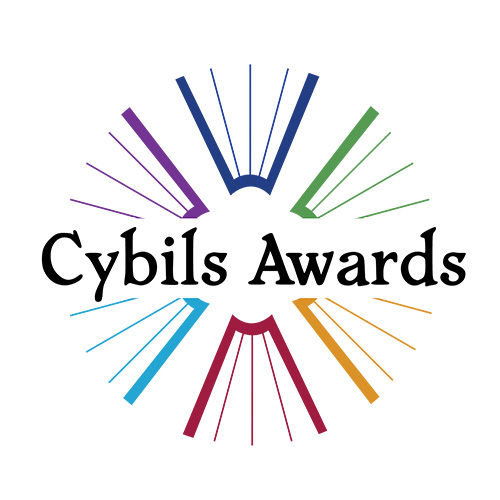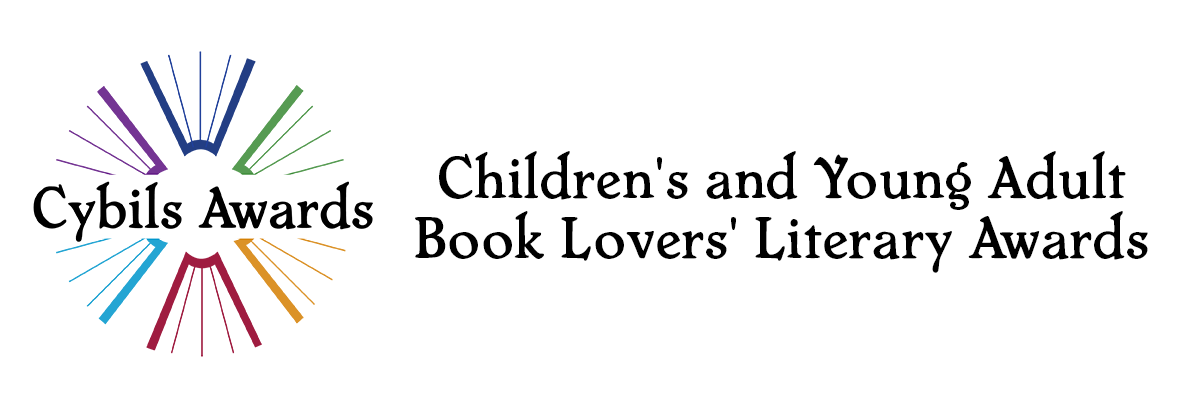
Last edited 9/17/2021
Oftentimes we can say that the truth is stranger than fiction. Children and students of all ages are curious about a variety of subjects and we can feed their thirst by providing outstanding nonfiction titles. Whether their interests lie in learning about someone’s life, history, math, science, current events, social justice, activism, journalism, and so much more there is a quality nonfiction book that will fit their needs. With the world constantly evolving and the need for factual, accurate information, nonfiction is even more important to our students and for our collections. We look at three audiences in this category and are looking for the best of the best for:
- Elementary: Up to 8 years old or Kindergarten to Grade 3
- Middle Grade: Ages 8 to 12 years old or roughly Grade 4 to Grade 7
- High School: Ages 13 and Up or roughly Grade 8 and Up
What makes nonfiction outstanding? It is filled with illustrations, photographs, and accurate back matter to highlight concepts to wow students and adults alike about topics so fascinating it is equally as engaging as any novel. The books we seek will be at least 50% narrative nonfiction to whisk our readers off to lands, open up the science worlds, different time periods, and have you walk the shoes of someone else’s life as easily as fiction, for in our case, these people, lands, and events really took place. Narrative nonfiction means the author is not just listing facts, but presenting the information in context and as part of a wider picture. Sometimes the author can converse directly with the reader, other times there's a more formal tone, but the writing works to bring the information together as a cohesive thought, either chapter by chapter or throughout the book.
Most importantly, the titles we seek are filled with factual content and are informational titles. We seek a balance so our students do not feel like they are being lectured to, but being presented with information so they can make informed decisions for themselves. Because of this, authors have the ultimate responsibility of bringing truth alive to these discerning readers.
- Elementary books are often great ways to transition kids from learning to read to reading to learn, using children's interest in the world around them to encourage them to choose books that satisfy their curiosity.
- Middle-grade books will probably use more illustrations to enhance understanding and pace the reader, with an appeal to kids learning to think independently.
- High school students are ready to tackle complex ideas, whether concrete issues such as scientific explanations or the social implications of government policy or memoirs of vastly different lives.
We will continue to seek nonfiction especially for young adults and recognize young adult nonfiction readers will not and should not shy away from controversial topics. They rely on accurate and up-to-date information to help them form opinions on what matters most to them. While some topics are not easily discussed, we need these resources so they have a safe place to turn to for the information they seek.
After explaining to you what we do want in an outstanding nonfiction book, what we do not want are: encyclopedias, cookbooks, almanac style fact books, mythology, folklore, poetry, graphic novels–even nonfiction (it should be nominated in Graphic Novels), how-to nonfiction, textbooks, or historical fiction (which should be nominated in Middle-Grade Fiction or Young Adult Fiction, as appropriate).
— Charlotte Taylor, High School Nonfiction chair and Sandy Brehl, Elementary/Middle Grade Nonfiction chair
